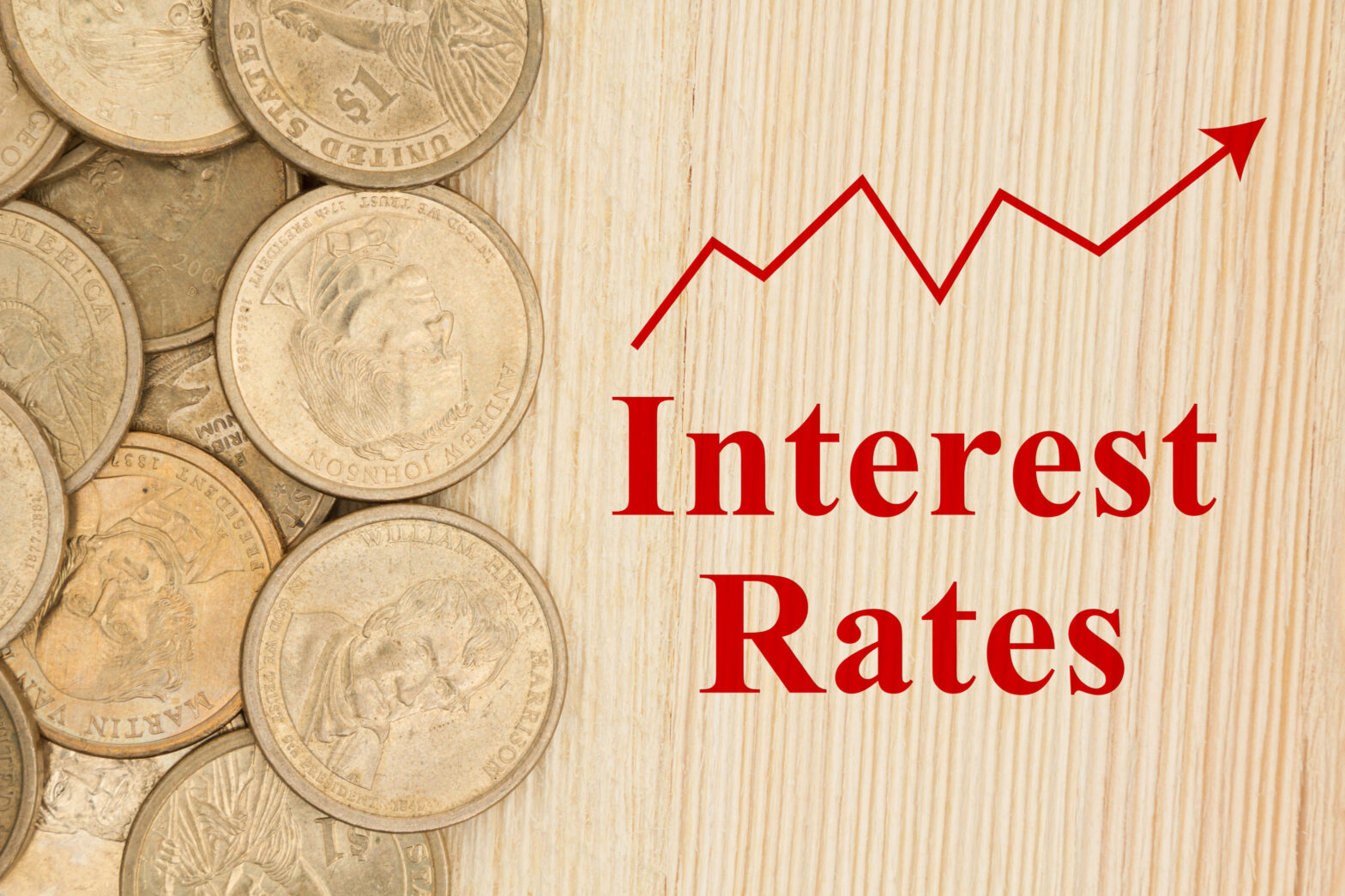It has been over ten years in the making, but this month it finally happened. On November 2nd, the Bank of England (BoE) Monetary Policy Committee decided to raise interest rates by half a per cent, from 0.25 per cent to 0.5 per cent, with Bank of England governor, Mark Carney, saying we should expect two more rises to come over the next few years.
The decision made headlines across the nation, with nearly four million households facing higher mortgage interest payments and 45 million savers set to benefit. However, the changes are unlikely to massively affect these groups, after all, this change is small and interest rates remain at the relatively low 0.5 per cent mark. Those not on fixed-term mortgages and savers alike will remain largely unscathed, so don’t expect to see chaos ensue following the decision.
Some may say that although it’s not a case of ‘nothing to see here’, it’s not far off from being that. This may appear to be the case, but it would be foolish to jump to such conclusions just yet.
Impact on business
Businesses may yet see an impact from the interest rate rise, particularly when it comes to consumer sentiment and how spending habits are affected, especially as we approach the festive season.
It will be interesting to see retail sales figures during the Christmas period. In recent years, this has been a time when consumers spend large amounts of money at shops and retailers, as highlighted last year when it was found consumer spending in December 2016 increased by 2.6 per cent annually compared to the predicted growth of 4.3 per cent.
During times when the business environment is looking positive, such as we are seeing now, some firms have a tendency to overtrade, bringing in extra stock as they expect increased demand to shift this extra supply.
However, if consumers rein in their spending and don’t follow the Bank of England’s forecast for December 2017, this could hit the retail sector particularly hard, which may be compounded further by ongoing Brexit uncertainty. Organisations may be unable to meet payments or sell on extra stock they have brought in as there isn’t the finances or demand available.
How to prepare
The good news is businesses can prepare themselves to face such risks. Having trade credit insurance can provide those that work with retail firms with the security they need should rate rises affect consumer sentiment this Christmas.
For example, if a business supplies a large retail brand as part of a wider supply chain, then they could be left vulnerable to losing revenue or missing out on payments should the retailer fail to meet financial targets over the winter period. Taking out insurance against a risk of non-payment in the event of a client going into administration or liquidation is a sensible way of securing business during this time, gives firms a safety net to fall back on should the worst happen.
In the world of business, changes are often unpredictable and it is unclear if the Bank of England’s decision to raise interest rates will directly affect organisations in the immediate future. As I said, the rise is small and consumers may simply continue as normal, or they may see it as a sign of things to come and start thinking about their spending habits, it’s hard to tell.
However, firms can prepare for any unexpected insolvencies and insure against the risk of invoices not being paid should the worst happen, providing the confidence and stability help them see through the rest of the year and plan for the road ahead without facing unexpected challenges.
Dean Smith is divisional director of Jobson James





